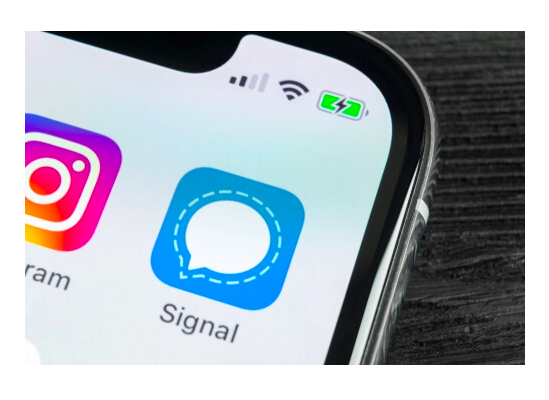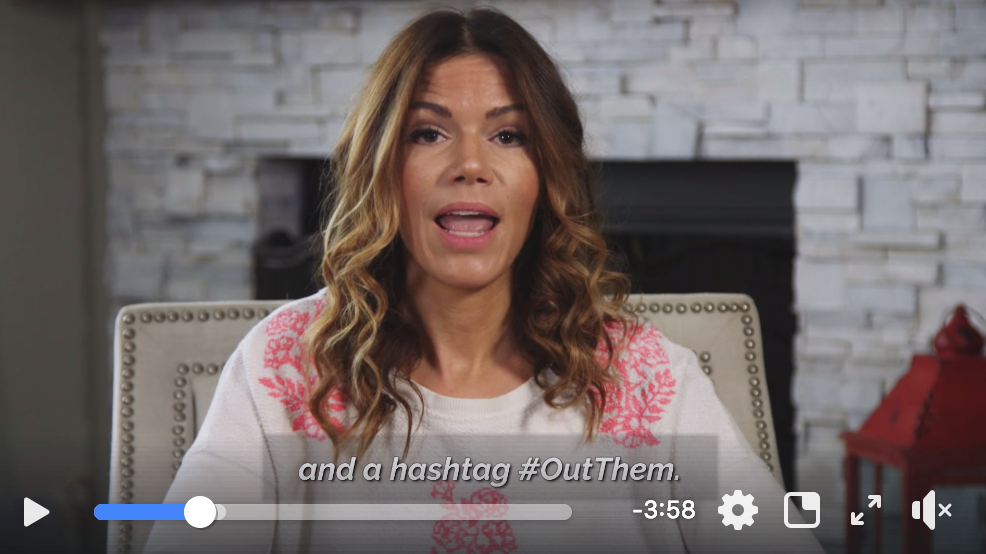You Might Want to Download Signal Now
By: Lisa M. Hayes – Confluence Daily is your daily news source for women in the know.
At about 4 in the afternoon on July 15 on the East Coast, the unthinkable happened at Twitter. Dozens of the biggest names in America — including Joseph R. Biden Jr., Barack Obama, Kanye West, Bill Gates and Elon Musk — posted similar messages on Twitter: Send Bitcoin and the famous people would send back double your money.
It was all a scam, the result of one of the most brazen online attacks in memory.
The first wave of attacks hit the Twitter accounts of prominent cryptocurrency leaders and companies. But soon after, the list of victims broadened to include a large list of A-list names Americans in politics, entertainment, and tech, in a major show of force by the hackers.
Here is the thing about that hack. The hackers also had access to any direct messages in those accounts. We know for sure some people whose accounts were hacked have used the DM feature on Twitter for highly sensitive personal communication in the past.
This comes at the same time Russia is launching a massive scale hacking attempt in the U.S., Canada, and the U.K to steal COVID19 vaccine information.
The UK, US, and Canadian agencies said the hackers had exploited software flaws to get access to vulnerable computer systems, and had used malware called WellMess and WellMail to upload and download files from infected machines.
They are also said to have tricked individuals into handing over login credentials with spear-phishing attacks.
- Phishing emails are designed to trick the recipient into handing over their personal information
- Spear phishing is a targeted and personalised form of the attack, designed to trick a specific individual. Often the email appears to come from a trusted contact, and may include some personal information to make the message seem more convincing
It’s hard to underestimate the level of crisis we are in at this point. What’s been made abundantly clear in the last few days is that our communication and networks of communication are not secure. This at a time when we may need those networks of communication personally as a matter of survival or to communicate with our loved ones in an emergency.
Very few things are certain at this point. However, one thing seems incredibly certain: Our digital communication will not be secure moving forward. Frankly, it hasn’t been secure up to this point. However, the vulnerabilities of our communication networks, at the government, corporate, and even personal levels, WILL be used against us in the future.
It’s time to start using encrypted communication. It may be critically important that we implement an encrypted communication plan in your personal network. There’s one messaging app we should all be using: Signal. It has strong encryption, it’s free, it works on every mobile platform, and the developers are committed to keeping it simple and fast by not mucking up the experience with ads, web-tracking, stickers, or animated poop emoji.
Signal looks and works a lot like other basic messaging apps, so it’s easy to get started. It’s especially convenient if you have friends and family overseas because, like iMessage and WhatsApp, Signal lets you sidestep expensive international SMS fees. It also supports voice and video calls, so you can cut out Skype and FaceTime. Sure, you don’t get fancy stickers or games like some of the competition, but you can still send pictures, videos, and documents. It’s available on iOS, Android, and desktop.
But plenty of apps have all that stuff. The thing that actually makes Signal superior is that it’s easy to ensure that the contents of every chat remain private and unable to be read by anyone else. As long as both parties are using the app to message each other, every single message sent with Signal is encrypted. Also, the encryption Signal uses is available under an open-source license, so experts have had the chance to test and poke the app to make sure it stays as secure as what’s intended.
If you’re super concerned about messages being read by the wrong eyes, Signal lets you force individual conversations to delete themselves after a designated amount of time. Signal’s security doesn’t stop at texts. All of your calls are encrypted, so nobody can listen in. Even if you have nothing to hide, it’s nice to know that your private life is kept, you know, private.
Yes, this list of features sounds a lot like WhatsApp. It’s true, the Facebook-owned messaging app has over a billion users, offers most of the same features, and even employs Signal’s encryption to keep chats private. But WhatsApp raises a few concerns that Signal doesn’t. First, it’s owned by Facebook, a company whose primary interest is in collecting information about you to sell you ads. That alone may steer away those who feel Facebook already knows too much about us. Even though the content of your WhatsApp messages are encrypted, Facebook can still extract metadata from your habits, like who you’re talking to and how frequently.
Still, if you use WhatsApp, chances are you already know a lot of other people who are using it. Getting all of them to switch to Signal is highly unlikely. And you know, that’s OK—WhatsApp really is the next-best option to Signal. The encryption is just as strong, and while it isn’t as cleanly stripped of extraneous features as Signal, that massive user base makes it easy to reach almost anyone in your contact list.
While we’re talking about Facebook, it’s worth noting that the company’s Messenger app is not safe or secure. The two biggest issues with Facebook Messenger are that you have to encrypt conversations individually by flipping on the “Secret Conversations” option. Most people don’t know that option exists and even those who do usually forget to use it. Additionally, anyone with a Facebook profile can just search for your name and send you a message. You are very, very visible. There are too many variables in the app, and a lot the security is out of your hands.
Whatever you choose, it’s time to get it installed and have a conversation with the people you would need to communicate with in an emergency. Most of us are in the habit of communicating via text, iMessage, or Messenger. It will take time to learn a new habit with your personal communications. The time to start building that habit is now.
Source: Wired
Confluence Daily is the one place where everything comes together. The one-stop for daily news for women.





